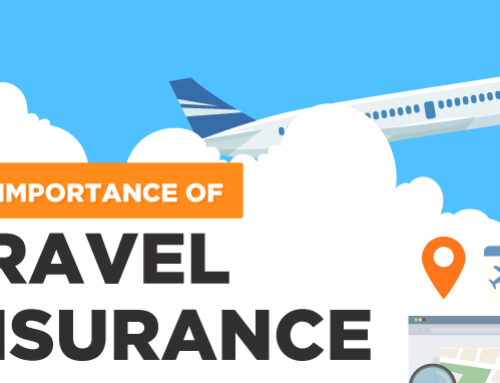Planning to study abroad comes with a big to-do list. Starting from arranging the money to the planning of the itinerary, you need to do everything by yourself. Isn’t it exciting? But it can be tiring too. To make this process smoother you need to work smart and tough. When plans fall in place it becomes pocket-friendly too. Consider following ten things before you plan your study abroad.
1. Choosing the Right Course and the University
Define your interest. If you know what you want to achieve it will be easier for you to choose the country that is providing advanced education in that field. Suppose you wish to study law, then you should shortlist the top universities providing the best law education in the world. Then depending on your qualifications, you can select a degree or a diploma.
2. Planning a Budget
Once you know which course to apply for, jot down the expenses, starting from application fees till you return to your home country. It will be easier for you to choose the most compatible university that fits your budget. Understand the monetary circumstances that may occur during your course abroad. Allocate a certain budget for emergencies that may occur.
3. Document Lining
Great if you already have a passport. If you don’t have one, better to apply for it right now. Further, you need to apply for a student visa too. So the faster you process your passport, the faster you can apply for a visa. If you already own a passport, check for the validity date. Make sure that it will last until the end of your course.
Other than just a passport and a visa, there are some other documents that you need to align. Following is a common list of documents. Some of the documents may vary from country to country.
- Student Visa
- Passport
- Application form
- University transcripts (Sometimes translated)
- Document for a scholarship of study abroad. (If applicable)
- Financial proofs
- Language eligibility test
- Medical test reports
- Photographs
4. Logistics Plannings
Secure your flight tickets. Make sure you reach your destination a few days before the beginning of the semester. So that you can explore the surroundings and settle down. Most of the international universities provide on-campus accommodations. But if your university doesn’t do that, take the help of study abroad consultants who can get you in touch with the right person in your destination country.
5. Knowledge About Currency
Consider this point even while planning your budget. The financial market keeps on fluctuating. It will affect your budget. Many candidates plan the daily expenses on the same exchange rates when they checked it months ago. This can be the case when you are either traveling from or traveling to a country with an unstable economy.
6. Look For News Updates
Be updated with the socio-political current affairs of your study abroad country. The entire world is going through dramatic changes right now due to the pandemic. So now on, you need to consider the medical facilities too while traveling. You need to keep updated about any news that will affect your study plans. The news about your travel country will help you plan better and avoid unwanted situations.
7. Health Checkups
Some countries require you to provide your health reports. Such as the UK. To study in a country like the UK, it is mandatory to do your tuberculosis test and submit the X-ray and the reports. With the pandemic situation on, Covid testing is another addition. All the travelers have to have their covid testing done.
8. Cellular Plans
Make sure you get your sim cards changed and suitable for the traveling country. Now that we have everything on our phone, including maps, tickets, contact numbers, or various applications that you will require at the arrival airport. Be updated about it. Check if your own cellular company provides any suitable international plans. If it does not, there are companies that provide cellular sims at the airport. Make sure you buy one the moment you reach the port.
9. Know The Emergency Contact Number
Emergencies never ring before they arrive at your door. It will be difficult to handle them when you are in a foreign land. Remember the emergency number of the travel country.
Once you know this, also note down the emergency contact number of the university you will be studying with. You will know where to call in case you need any kind of assistance such as road directions or some emergencies at the airports. Give this number to your parents too.
Do not rely on the devices. Write it down in your notepad where you have written other details.
10. Prepare Your Baggage
Yes, it’s time for some shopping! Consider the changing climate, the seasons, and the clothing styles of the country. Do not overload your bags. Carry as little as you can. Do not miss out on the chance of buying clothes in your destination country. Know if there are any popular markets which will fulfill your requirements.




